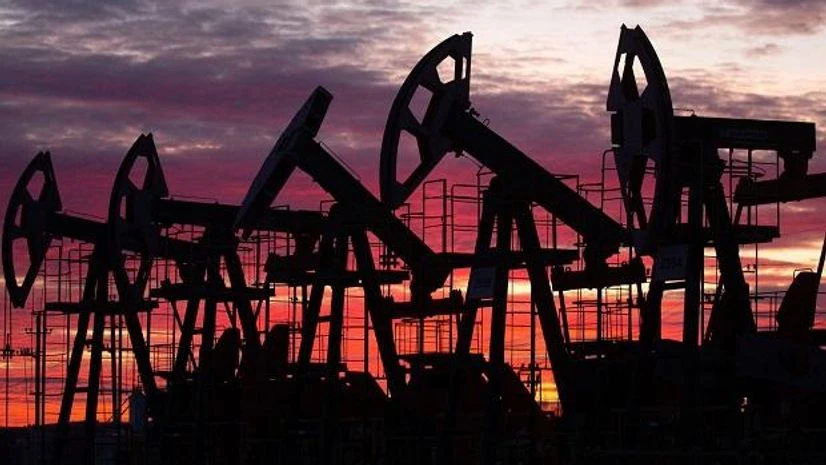SINGAPORE (Reuters) - Oil prices dropped for a second session Thursday, under pressure from an unexpected rise in U.S. crude stocks that raised concerns over demand after prices rallied to multi-year highs.
U.S. crude slid 0.43%, or 33 cents, to $77.10 a barrel after the market climbed on Wednesday to $79.78, the highest since November 2014. Brent crude 2 cents, to $81.06 a barrel.
"Commercial stockpiles of crude rose ... last week, according to EIA data," ANZ said in a note. "Stockpiles of gasoline also surged raising concerns of weaker demand."
U.S. crude inventories rose by 2.3 million barrels last week, the U.S. Energy Information Administraion (EIA) said, against expectations for a modest dip of 418,000 barrels. Gasoline inventories also rose, while distillate inventories were down slightly.
Global oil prices have jumped more than 50% this year, adding to inflationary pressure that could slow recovery from the COVID-19 pandemic and impact consumer demand. Natural gas and coal prices have also climbed.
Also Read
The Organization of the Petroleum Exporting Countries and allies (OPEC+) said on Monday it would stick to its pact for a gradual increase in oil output, sending crude prices to multi-year highs.
OPEC+'s decision raise to oil output modestly and gradually, despite this year's surge in prices, was partly driven by concern that demand and prices could weaken, sources close to the group told Reuters.
(Reporting by Naveen Thukral; Editing by Tom Hogue)
(Only the headline and picture of this report may have been reworked by the Business Standard staff; the rest of the content is auto-generated from a syndicated feed.)

)
